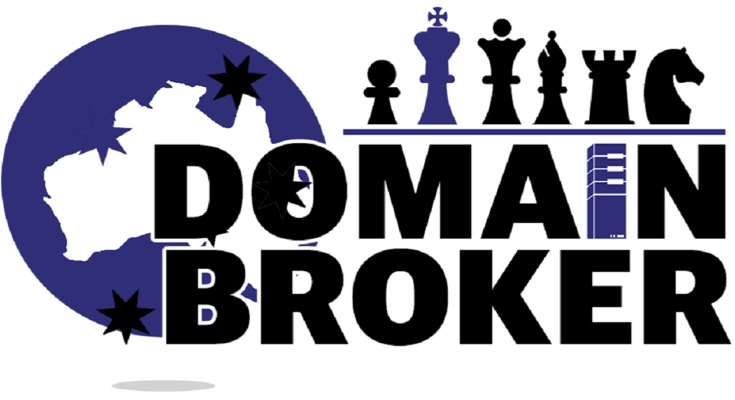Buying an already registered domain can be a full-blown process. It includes researching who owns it, determining its value, contacting the owner, negotiating the price, and handling other crucial details. A domain broker can be your representative to manage the process for a smooth experience. Here are eight questions to ask your premium domain name broker before a purchase.
1. How Much Experience Do You Have in Domain Brokering?
Experience is key in domain brokering. You want someone with a comprehensive understanding of the domain market and a successful track record. An experienced professional will be familiar with buying and selling premium domains, from determining a fair price to settling on favorable terms. Ask which domains they’ve brokered in the past and how many successful sales they’ve managed. That will provide some assurance that your broker is knowledgeable and reliable.
Read Also: Benefits of an Updated Air Traffic Management System
2. What Services Do You Offer as a Domain Broker?
One of the many services a premium domain name broker provides is helping you determine your desired domain’s value. This will give you an idea of the expected price range. After that, your broker can look into the domain’s ownership and contact the owner to initiate negotiations. If everything goes well, they can handle the transfer and payment details.
3. How Long Does the Process Typically Take?
Your broker may have an estimate of the length of the process based on transactions they have managed in the past. One factor influencing the time frame is the current domain owner’s willingness to negotiate. The process may take longer if they are firm on their asking price. Other details like the domain transfer and payment procedure can also affect the timeframe.
4. What Are the Fees for Your Domain Brokerage Service?
Various domain brokers have different fee structures. Some may charge a flat fee for the whole process and others may charge a percentage of the sale. Other brokers use a hybrid model where they may offer discounts for large sales. If there are any additional costs, ask your broker to clarify them beforehand to avoid any surprises.
5. How Do You Protect Buyers During the Transaction?
Your broker will likely have a system to shield buyers from fraud or scams. Many use escrow services. This is a service that holds the payment in an account until the seller transfers the domain. When the transaction is complete, the buyer can release the payment. Since buying a domain can be a significant financial investment, this is an added security measure for both parties to protect their interests.
6. What Are Your Terms for Domain Brokerage Services?
Read through the terms and conditions of the domain brokerage services before agreeing. This helps you to go in knowing what to expect before, during, and after the transaction. Clarify any confusing points to understand how the process will work. Ask about any risks associated with the process and how your broker will handle them.
7. How Can You Help If I Can’t Get the Domain I Want?
Sometimes the negotiations may not go as planned. The buyer may not be willing to sell their domain no matter how much money you offer, maybe because the domain has sentimental value. In other cases, your budget may be too low, and the owner may not be willing to accept it. A domain broker can help you find alternatives with similar features. Ask your broker if they can help you because not all brokers offer that service.
8. Do You Offer Support After the Domain Purchase?
Support doesn’t always end after purchasing a domain. You may want assistance setting up a website or hosting. A good broker will go the extra mile to help you get the most out of your investment. Ask if they provide post-purchase support and how you can access it. You may need to pay extra for such services, but it can be worth the cost. It’s also a great way to measure your broker’s level of customer service.
Get a Reliable Premium Domain Name Broker
These are the questions to ask a premium domain name broker before buying. Asking questions can help you have a smooth experience and make informed decisions about your investment. Don’t go into the process with assumptions or doubts. Do your research and ask the right questions to protect your interests.




